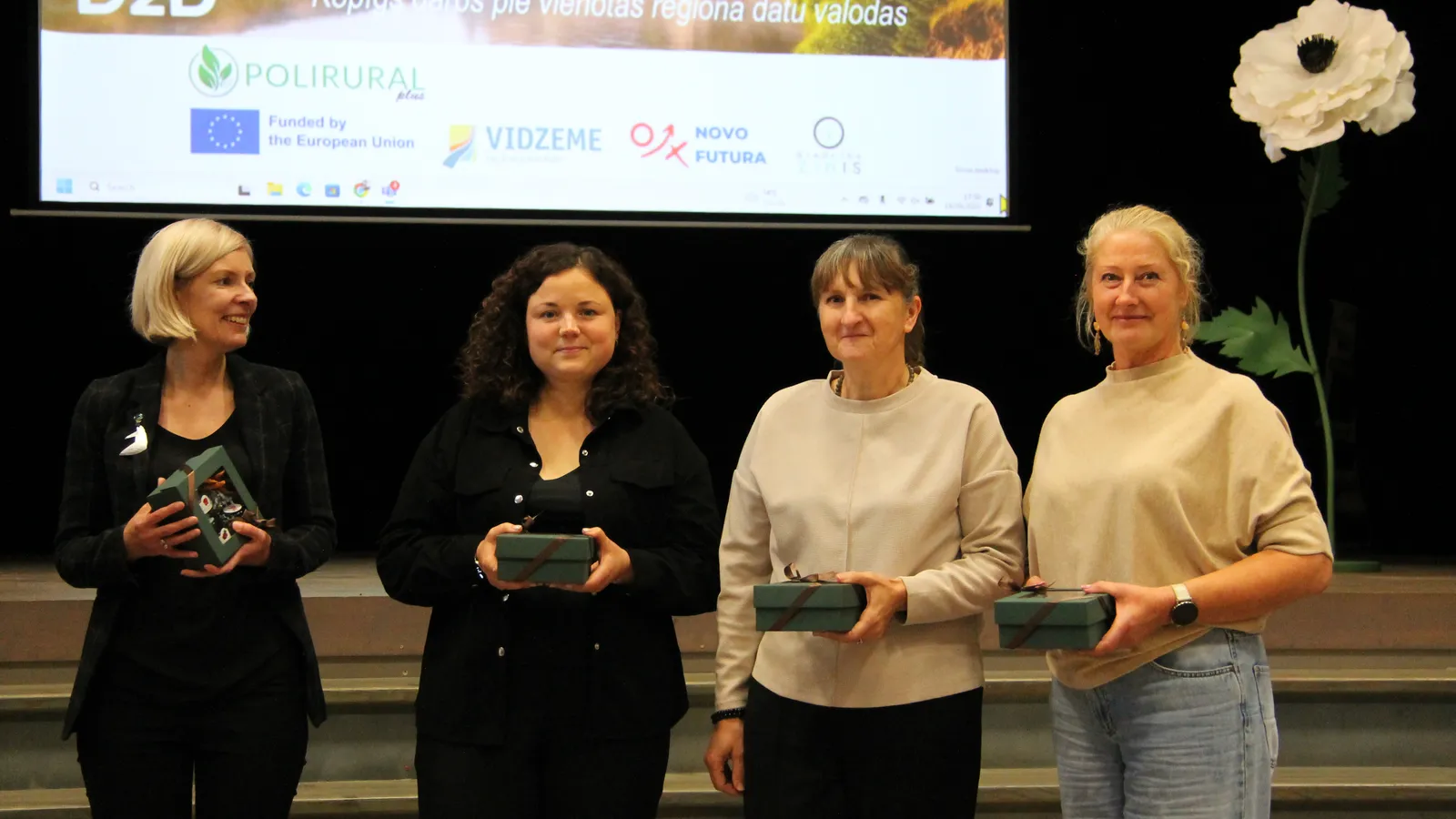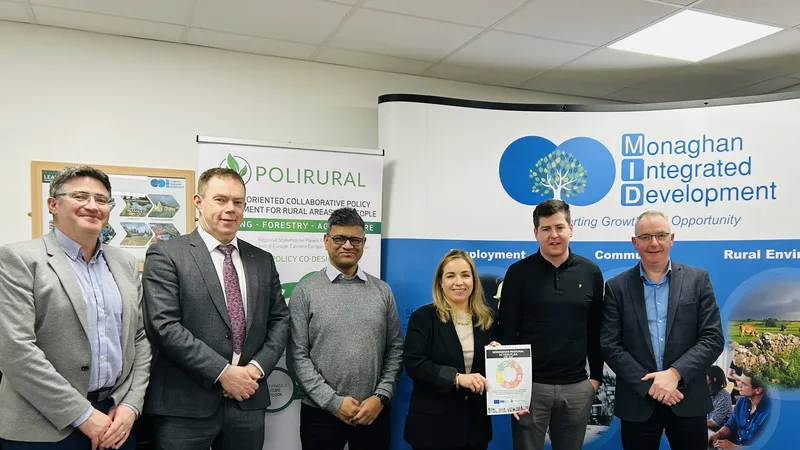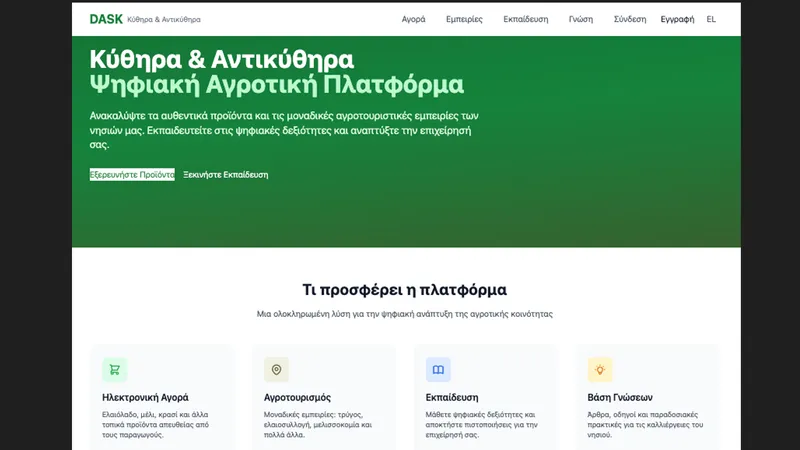The second phase of the Vidzeme Planning Region (VPR) hackathon "Dati attīstībai" (Data to Develop) took place at the Smiltene Technical School, bringing together experts and municipal representatives to define key performance indicators (KPIs) and establish a unified regional data language. Participants worked collaboratively to refine indicators across six thematic areas, utilizing support from experts from ministries, other municipalities, and the Central Statistical Bureau (CSB), and experimenting with AI tools designed specifically for the hackathon. Overall, almost 50 persons participated in this phase.
The jury named the Housing and Living Environment team as the winner of the hackathon. The team's central idea focused on developing monitoring metrics for the Municipal Housing Stock. This primary indicator tracks the usage of municipal residential premises—including apartments, rooms, house sections, social housing, and specialized premises—by determining how many are occupied and how many are vacant. A complementary indicator proposed was the proportion of residents who consider housing availability in the area sufficient (to be measured through surveys).
The jury selected the Housing and Living Environment team due to their clear and comprehensible indicator definitions and the articulation of a clear goal.
A significant advantage highlighted was the reality that the necessary data for this indicator is largely already available within the municipalities (e.g., which flats are available, waiting lists), meaning the primary challenge is standardization, centralization, and compilation, rather than data creation. The team's work included sketching out a vision for a consolidated housing availability platform, an idea described as a "unicorn in the public sector", which showed great potential for practical implementation.
The second phase involved intense discussions, particularly on the difficulties faced by municipalities in using administrative data for planning and monitoring.
Major Observations and Insights:
- Need for Data Standardization: A recurring challenge across all groups was the lack of a unified standard and methodology for collecting and assessing development data. For instance, discrepancies exist in how different waste operators calculate the proportion of sorted waste.
- Focus on Municipal Impact: Teams stressed that municipalities should focus on collecting data in areas where they can actually demonstrate influence and measurable results of their policies, rather than monitoring general macroeconomic trends. The principle advocated was "Less is more".
- Data Quality and Timeliness: Participants noted that current economic and business data available at Central Statistics Bureau are often outdated (e.g., 2022 data) and require a detailed breakdown by municipality, sector, and profession to be useful for local strategic planning and attracting investors. Furthermore, outdated NACE codes in company registries compromise data quality.
- Data as an Asset: A key realization was that data collection and analysis should not be viewed as an additional administrative burden, but as a resource and an opportunity to improve municipal processes and achieve better governance. "Clean data is not waste—it is value," and "Clean data creates clarity, dirty data creates chaos".
- Recommendation for Management: Teams delivered several recommendations for municipal leadership, including implementing new indicators for development planning document monitoring, conducting satisfaction surveys at Customer Service Centers, and promoting cooperation between institutions (ministries, VPR, CSB, etc.) to prevent duplicate efforts.
The hackathon culminated in a foundational set of indicators and methodologies to be advanced in future regional development planning. The VPR representatives indicated their readiness to continue working on coordinating the data system and developing a unified regional data language, conditional upon the delegation of necessary functions and funding. The recommendations formulated by the teams are intended to be presented to municipal leadership to support strategic planning and facilitate process improvements. A significant requirement for successful long-term implementation is the need for data analysis specialists within municipalities to ensure qualitative data gathering and utilization. The process of defining and clarifying indicators will continue, building upon the initial agreements reached during the hackathon. The goal remains to achieve a consolidated understanding of required data sets.




Existing Comments